Blogs
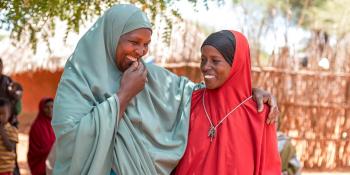
Video: What does peace mean to you?
Watch our video which spotlights the story of Galgalo and his family who are bearing the brunt of conflict and climate change and discover how you're helping them feel no longer powerless.
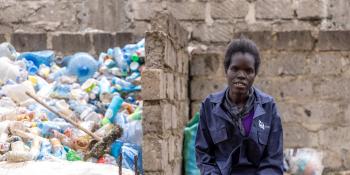
Keeping our commitments to communities, including women waste pickers
VSO’s funding has been reducing for a number of years, but now we are facing unprecedented pressures. In solidarity and with hope, your support means VSO can be there for more women waste pickers like Beth.

Reflections of 30 years: My time as a teacher trainer in Nepal 1985
Meet Anna Robinson, a British woman who volunteered as a VSO teacher trainer in Nepal in 1985. 30 years on from first arriving on placement, Anna has returned to Nepal. In this blog Anna shared her highlights and learnings from her experience.
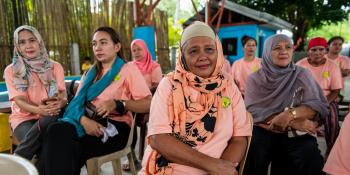
International Women's Day quiz 2025
International Women's Day, commemorated each year on the 8 March, is a global occasion celebrating the achievements of women. But how much do you know about the state of women and gender equality? Find out by taking our short quiz!
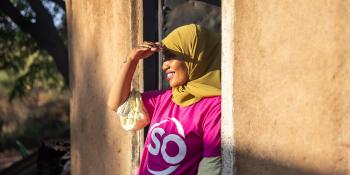
Five things women achieved this year that you might not know about
This International Women's Day, join us in celebrating the resilience of women across the globe with some female achievements you might not have heard about.
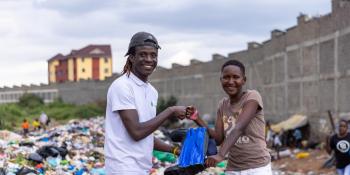
The volunteer ensuring the unsung heroes of waste aren't left behind
Driven by his passion to clean up the environment, Kenyan volunteer Lawrence is currently volunteering on a VSO recycling project in Nairobi, where he’s helping to empower waste pickers. Read about his work.
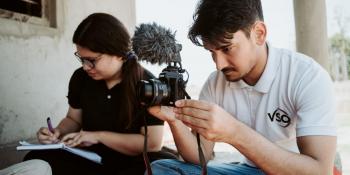
The year 2024 in photos and the stories behind them
Here we share some of VSO’s iconic imagery over the past year that capture the resilience and determination of the communities and volunteers we support. It’s also an opportunity to pay tribute to some of the people behind the lens who have helped bring their stories to light.
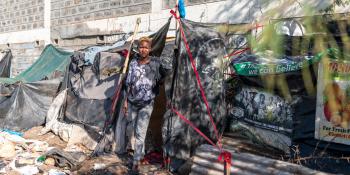
The women turning waste into wages on Kenya’s dumpsites
In Nairobi, Kenya, waste pickers are working every day, cleaning up their communities by picking waste and taking it to recycling centres. Women waste pickers, like Vanessa, earn little for their essential work, and face abuse from residents who see their jobs as ‘dirty'.

Supporting girls with disabilities access education
Supporting girls living with disabilities to access education and brighter futures.
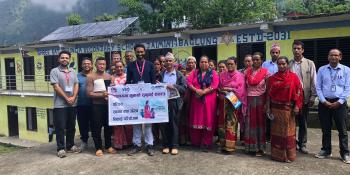
From Ethiopia to Nepal, meet the volunteer challenging the education status quo
Kam Jaga is a volunteer Inclusive Education Advisor who's challenging the socio-cultural and political barriers that prevent children in Nepal accessing a fair education. Read about his volunteer journey and the lessons he's learnt along the way.
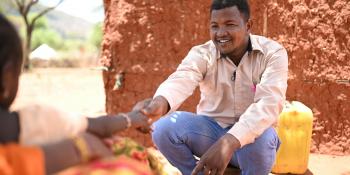
Peace matters on the Kenya-Ethiopia border
Peace is the foundation stone on which safe, secure lives are built. But, right now, 28-year-old Galgalo and his family are in danger even in their own home.
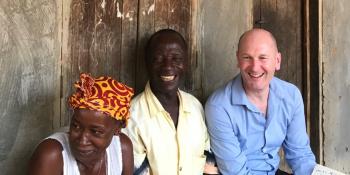
A farewell message from VSO International CEO Philip Goodwin
After nine incredible years, Dr Philip Goodwin will step down as VSO's Chief Executive this September. In this video he reflects on his time at VSO and the achievements made thanks to supporters like you.
